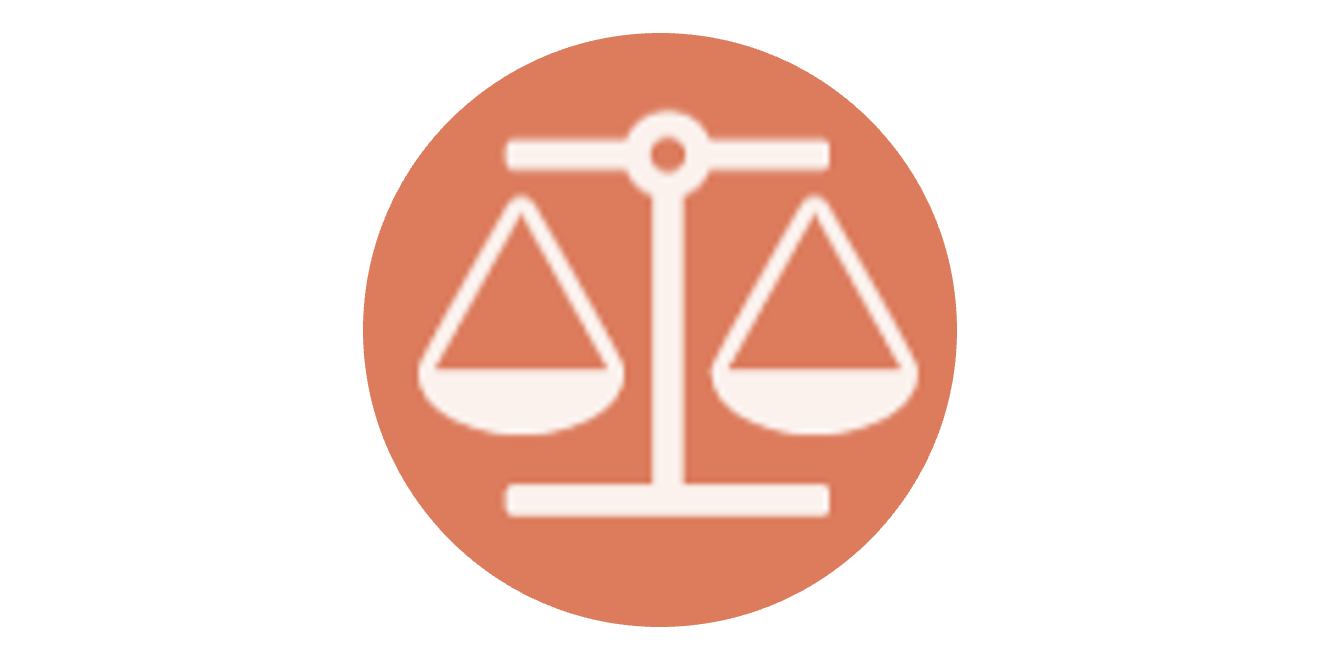STATUS

The perception of value and respect colleagues hold within the organisation
Eliminating the
fear of rejection

SELF DEVELOPMENT
Individuals who pursue personal growth enhance their abilities and expand their knowledge. This benefits the individual but also influences how others perceive them, fostering a sense of self-worth and contributing to their overall standing in the organisation.

RECOGNITION
The recognition of team members’ contributions cultivates a positive culture. It fosters collaboration, creates opportunities, facilitates networking, and collectively elevates the reputation and status of individuals and teams within the workplace.

APPRECIATION
Recognising and expressing gratitude for employees’ contributions creates a positive work environment. Appreciation boosts morale, increases loyalty and retention, enhances teamwork and improves productivity and performance.

INTEGRITY
Upholding integrity creates trust, reliability and credibility with stakeholders. By consistently adhering to principles and values, an organisation builds a reputation for integrity, ultimately contributing to its elevated status within its industry and society as a whole.

AUTONOMY
The degree of discretion colleagues have in decision-making and actions
Eliminating the
fear of being controlled

SELF DIRECTION
The ability to make choices and set goals independently is crucial for individuals to shape their own paths and make decisions aligned with their aspirations. This enhances their sense of personal agency, self-determination and ownership over their work.

COOPERATION
Cooperation involves sharing responsibilities, exchanging ideas, and respecting each other. It enables individuals to contribute their unique skills and exercise effective decision-making, problem-solving, and task execution whilst achieving shared goals

EMPOWERMENT
Empowerment encourages decision-making and ownership, stimulates innovation, and increases productivity and efficiency. By fostering an environment of empowerment, managers build a culture of trust and collaboration.

TRUST
Trusting employees to make decisions fosters accountability, promotes innovation and creativity, and contributes to building a positive work culture. By nurturing trust and granting autonomy, organisations can empower their employees to perform at their best.

FAIRNESS
The level to which employees are treated equitably and justly within the organisation
Eliminating the
fear of prejudice

SELF EVALUATION
Critically assessing your performance and development objectively, contributes to transparency, objectivity, and accountability. It fosters a culture of self-reflection, growth, and personal accountability, creating a fair work environment.

EQUITY
Prioritising equal opportunities, and balancing distribution of responsibilities and decision-making, creates a work environment that values and respects all team members, leading to conflict resolution and enhanced collaboration.

CONSISTENCY
Consistency ensures fair and equal treatment of all team members regardless of personal biases or favouritism. Consistent managerial actions and decisions contribute to a harmonious work environment, minimising conflicts and grievances and creating credibility.

DIVERSITY
Embracing diverse perspectives and backgrounds mitigates biases and discrimination. It creates an environment where everyone can contribute and succeed based on merit, fostering a fair and inclusive culture resulting in increased performance and overall success.

EMPATHY
The ability to understand and share the feelings and perspectives of others
Eliminating the
fear of judgement

SELF AWARENESS
Being attuned to your own emotions, thoughts, and reactions, as well as understanding the impact of these on others creates a more empathetic work environment. It allows one to develop emotional intelligence and communication skills.

INCLUSION
EWhen encouraged to express their thoughts, perspectives, and experiences without fear of judgement, teams appreciate the unique contributions of each individual. This helps teams to work together effectively towards shared goals.

LISTENING
By actively listening, managers demonstrate empathy and compassion. This builds trust and rapport, encourages open communication, and allows for a deeper understanding of employee concerns, needs, and perspectives. Improved overall well-being.

HUMANITY
When organisations embrace humanity, they prioritise employee well-being and promote a culture where individuals genuinely care for one another. This creates strong interpersonal connections and a sense of belonging, promoting trust and mutual support.

RESILIENCE
The capacity to withstand or to recover from setbacks and adapt to change
Eliminating the
fear of failure

SELF CARE
By prioritising self-care, individuals build the resilience needed to face adversity, adapt to change, and maintain overall well-being. Reducing stress, improving physical health, establishing boundaries, and seeking social support prevents burnout.

COLLABORATION
By working and learning together on collective problem solving, teams can draw upon their collective strengths and emotional support during challenging times to navigate obstacles more effectively, ultimately enhancing their resilience as a cohesive unit.

SUPPORT
Supporting employees navigate challenges and setbacks more effectively fosters trust and psychological well-being. Employees are more likely to take risks, learn from failures, adapt, innovate, and maintain high performance even in difficult times.

AGILITY
An agile organisation promotes resilience by embracing change and responding swiftly to changing market dynamics, customer needs and external disruptions. Agile organisations empower employees to overcome setbacks and embrace uncertainty.
